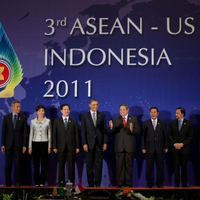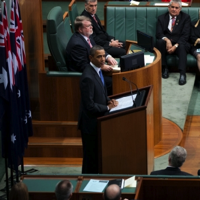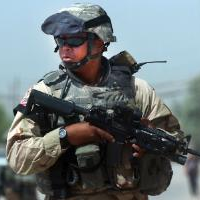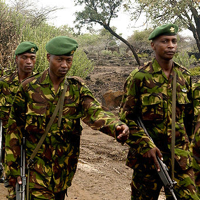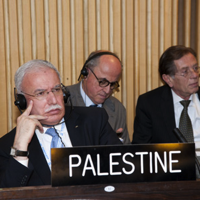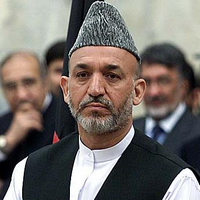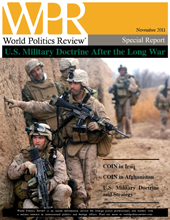
It is hard to think of a period in the past five decades in which this country was more painfully bereft of national leadership than it currently finds itself. On one side we have an increasingly isolated president who, as Edward Luce opined recently, “prefers to campaign than govern.” On the other is a House-controlling GOP that, in the words of Thomas Friedman, “has gone nuts.” What’s more, the highly negative campaign that 2012 is shaping up to be will secure no governing mandate for the eventual winner, meaning that things are likely to get far worse. The result will […]

